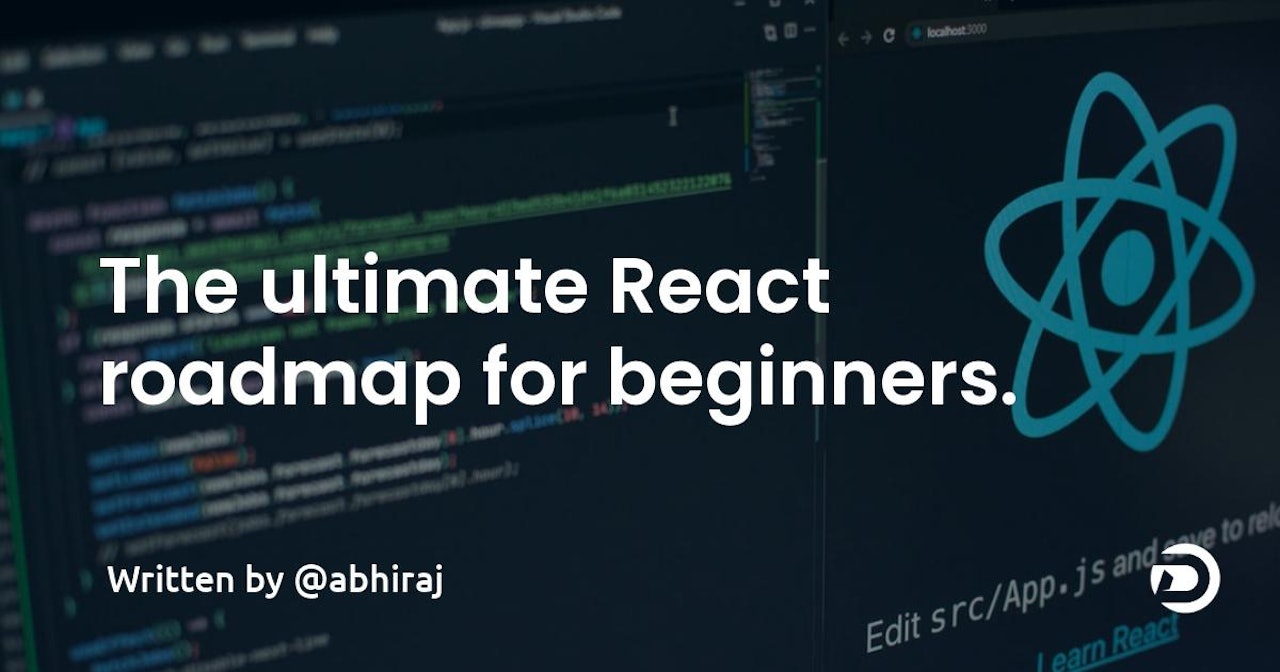One of the most widely used JavaScript libraries for developing dynamic web apps is React. It has a sizable community and a dedicated development team behind it. Although React is reasonably simple on its own, learning just one library is insufficient, especially if you want to build a complex web app. In this article, I'll lay out a road map for learning how to utilise React to build real-world applications. I'll go over the key React principles and libraries you should be familiar with.
Below listed are some of the languages and frameworks you will have to be familiarized before getting into React.
- Basics
- HTML
- Learn the basics of HTML
- Make a few pages as an exercise
- CSS
- Learn the basics of CSS
- Style pages from previous step
- Build a page with grid and flexbox
- JS Basics
- Get familiar with the syntax
- Learn basic operations on DOM
- Learn mechanisms typical for JS (Hoisting, Event Bubbling, Prototyping)
- Make some AJAX (XHR) calls
- Learn new features (ECMA Script 6+)
- Additionally, get familiar with the jQuery library
- HTML
- General Development Skills
- Learn GIT, create a few repositories on GitHub, share your code with other people
- Know HTTP(S) protocol, request methods (GET, POST, PUT, PATCH, DELETE, OPTIONS)
- Don't be afraid of using Google, Power Searching with Google
- Get familiar with terminal, configure your shell (bash, zsh, fish)
- Read a few books about algorithms and data structures
- Read a few books about design patterns
- Learn React on official website or complete some courses
- Get familiar with tools that you will be using
- Package Managers
- Task Runners
- Styling
- CSS Preprocessor
- CSS Frameworks
- CSS Architecture
- CSS in JS
- State Management
- Component State/Context API
- Redux
- Async actions (Side Effects)
- Helpers
- Data persistence
- Redux Form
- MobX
- Type Checkers
- Form Helpers
- Routing
- API Clients
- Utility Libraries
- Testing
- Internationalization
- Server Side Rendering
- Static Site Generator
Now you can follow the below-provided roadmap to start your journey.

Thank you for reading.
Until next time, Abhiraj


Comments (0)